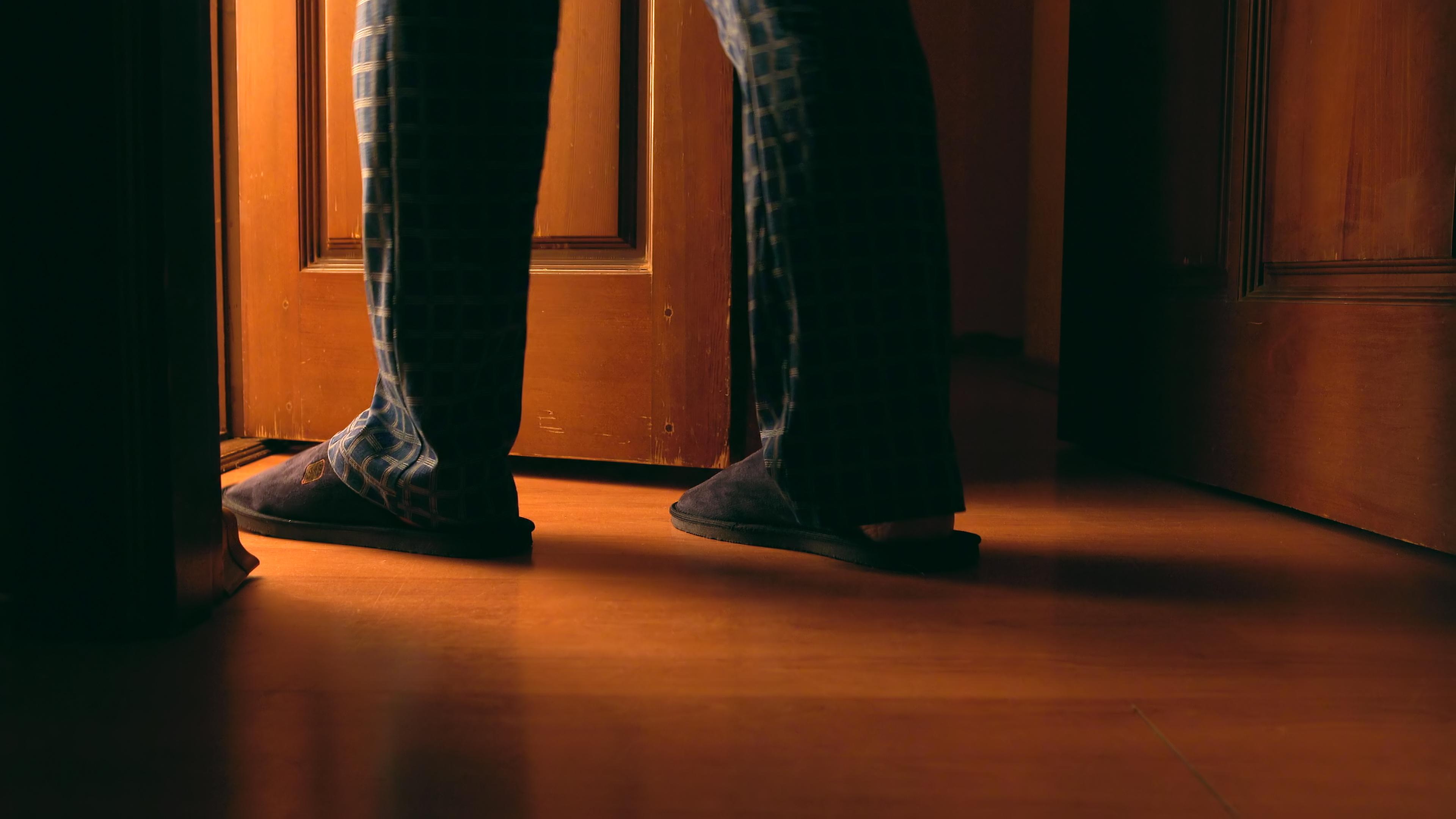Why Your Bladder Keeps You Up at Night

James Grant, M.D.
| 3 min read
James D. Grant, M.D., is executive vice president an...

Individuals who wake up more than once in the middle of the night to urinate may suffer from nocturia, a condition that affects about one in three adults over the age of 30. Nocturia – which affects both men and women – can have many causes, including lifestyle habits, bladder obstruction, reduced bladder capacity, underlying health problems or certain medications.
Frequent urination can interrupt the sleep cycle. Sometimes, it is difficult for people who urinate frequently at night to pinpoint whether a sleep issue or bladder issue is the root of the problem.
Causes and types of nocturia
The causes of nocturia can include:
- Advanced age: Nocturia is a condition that becomes more common as people age
- Bladder storage issues: When the bladder struggles to store or release urine
- Lifestyle habits: Drinking too much fluid before bed (especially alcohol or caffeine)
- Mixed nocturia: When a combination of these problems occurs
- Nocturnal polyuria: The normal pattern is to decrease urine output at night compared to during the day. However, too much urine production at night is called nocturnal polyuria
- Polyuria: When the body produces too much urine during a 24-hour period
- Sleep disorders: This can include insomnia or sleep apnea
- The timing or dose of medicines: Some medications – including diuretics (water pills) used to treat high blood pressure – can disrupt sleeping schedules by causing frequent urination at night
- Underlying health conditions: Often, several of these issues may co-exist and can include diabetes, high blood pressure, bladder obstruction, overactive bladder symptoms, prostate obstruction, enlarged prostate, reduced bladder capacity, menopause and more
- Urinary tract infection (UTI): A UTI can not only cause pain or pressure in the lower stomach and bladder area, it can also trigger a person to urinate more often
Symptoms of nocturia
- Waking up more than once a night to urinate
- Urinating with more volume at night
- Tiredness and fatigue after waking up
Diagnosing and overcoming nocturia
Limiting fluids, as well as alcohol and caffeinated beverages like soda, tea, and coffee two to four hours before bedtime, can help reduce trips to the bathroom. It’s important to talk with a health care provider to learn why multiple trips to the bathroom at night are needed. Patients may learn that their nocturia is relatively easy to treat or may be caused by an underlying health condition.
Health care providers may ask questions about when symptoms first surfaced, how many trips to the bathroom occur during the night, the amount of fluid consumed and strength of the urine stream.
Depending on the answers, any of the following tests may be recommended:
- Bladder scan
- Blood test
- Cystoscopy
- Urinalysis
- Urodynamic testing
Health care providers may also recommend seeing a specialist to further address the issue.
James D. Grant, M.D., is senior vice president and chief medical officer at Blue Cross Blue Shield of Michigan.
Photo credit: Getty Images





